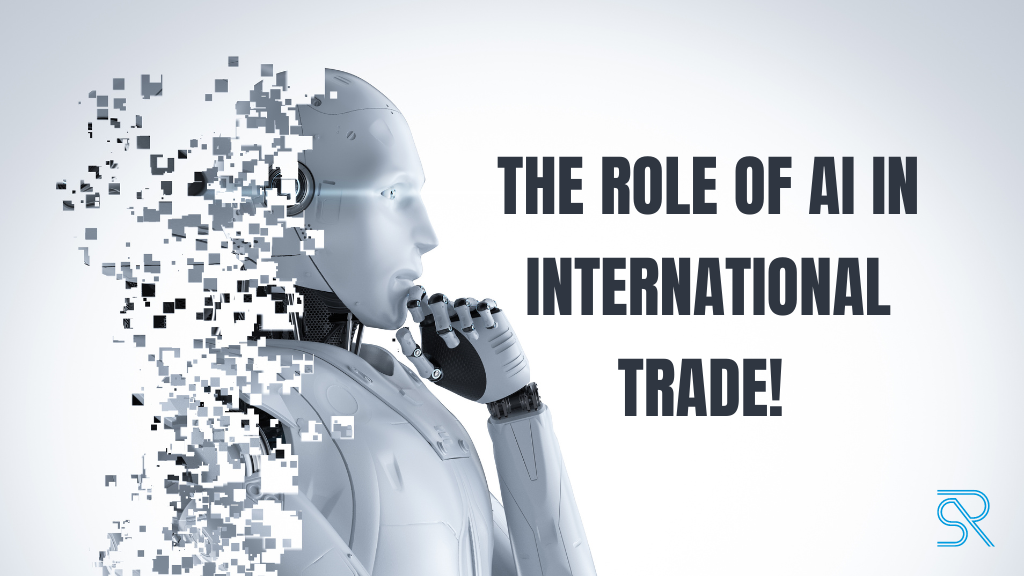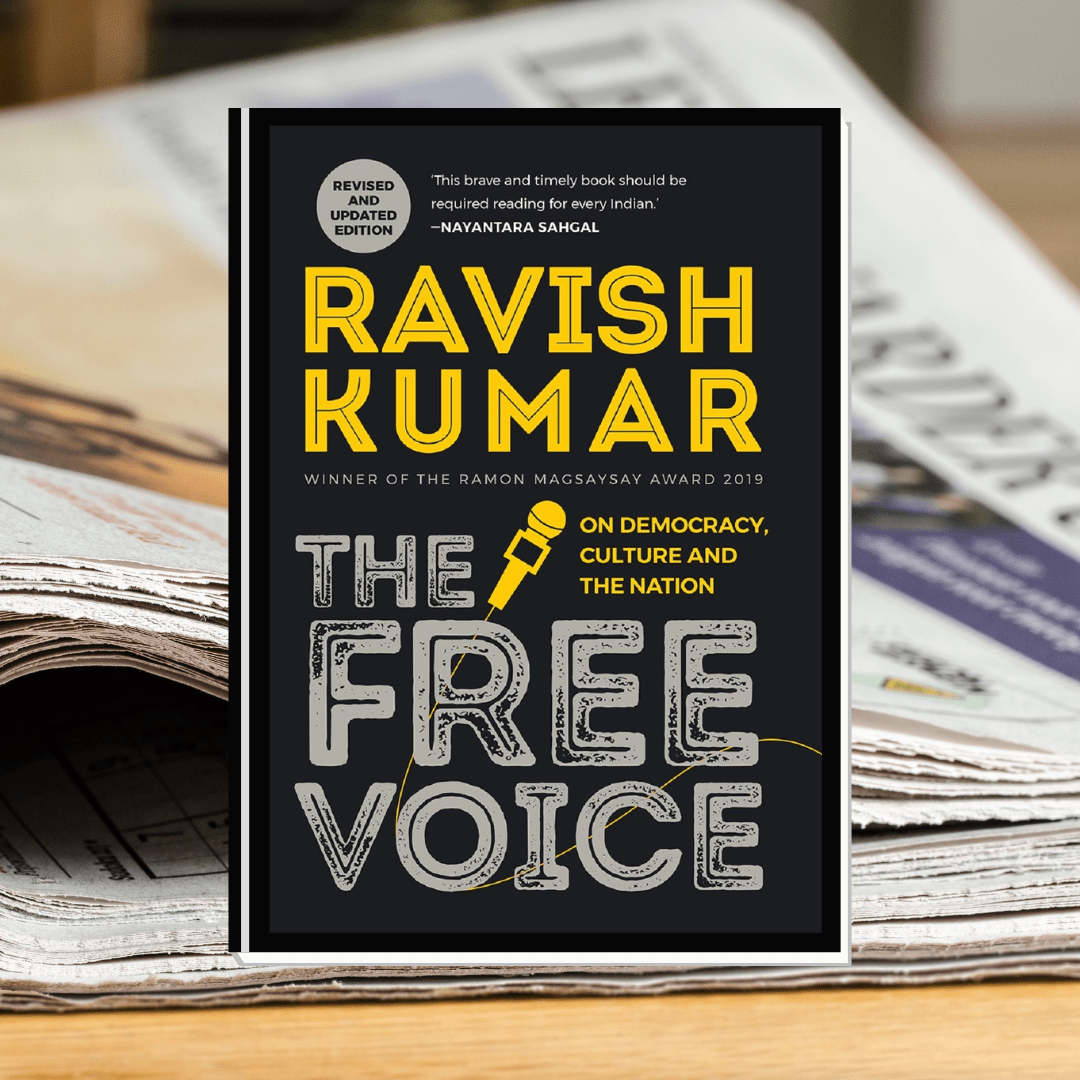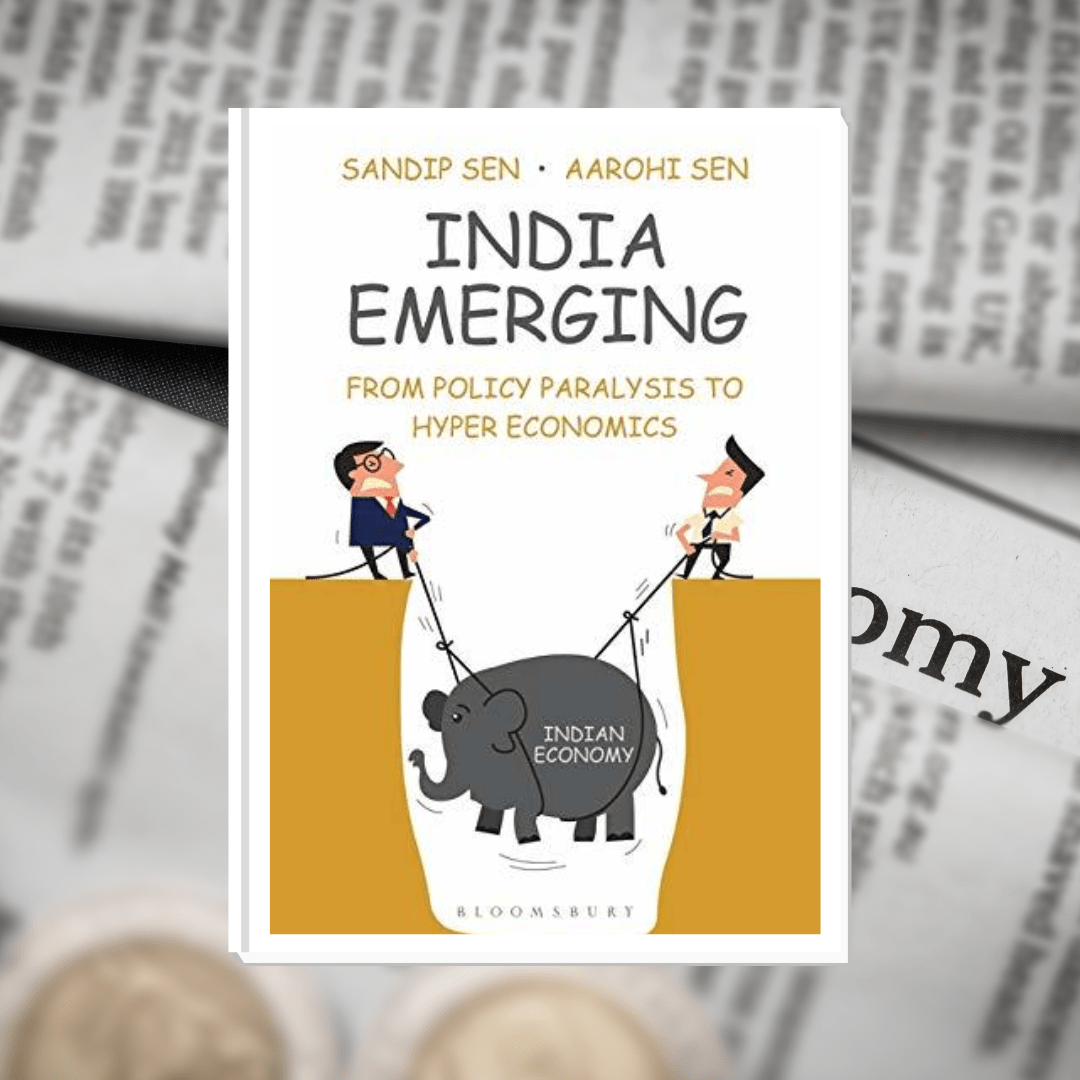
Artificial Intelligence (AI) has revolutionized various industries, and international trade is no exception. With its ability to analyze vast amounts of data, identify patterns, and make accurate predictions, AI has become a valuable tool for businesses engaged in global commerce. In this article, we will delve into the role of AI in international trade and explore how it is reshaping the way companies operate, optimize their supply chains, and make informed decisions.
Enhancing Efficiency in Global Supply Chains.
Efficient supply chain management is crucial for businesses involved in international trade. AI technologies enable companies to streamline their supply chain processes, minimize costs, and improve overall efficiency. By utilizing machine learning algorithms, AI can analyze historical data, demand patterns, and market trends to optimize inventory management, reduce lead times, and ensure timely delivery of goods.
Moreover, AI-powered predictive analytics can help businesses anticipate demand fluctuations, identify potential disruptions, and make proactive decisions to mitigate risks. This level of insight allows companies to adapt quickly to market changes, optimize their production schedules, and maintain a competitive edge in the global marketplace.
Improving Trade Finance and Risk Assessment.
AI has also made significant advancements in the field of trade finance and risk assessment. Traditionally, assessing the creditworthiness of foreign buyers or evaluating the risk associated with international transactions was a complex and time-consuming process. However, AI-powered algorithms can now analyze vast amounts of financial data, market trends, and buyer behavior to provide more accurate risk assessments.
By leveraging AI, financial institutions can automate credit scoring, detect fraudulent activities, and make informed decisions regarding trade financing. This not only expedites the lending process but also reduces the risks involved in international trade, facilitating smoother transactions and fostering trust between trading partners.
Facilitating Smarter Decision-Making with AI.
In the realm of international trade, making informed decisions based on accurate market intelligence is vital. AI plays a pivotal role in enabling businesses to access, analyze, and interpret vast volumes of trade-related data. By leveraging natural language processing (NLP) and machine learning algorithms, AI can extract valuable insights from unstructured data sources such as market reports, trade regulations, and news articles.
These insights help businesses gain a comprehensive understanding of market trends, consumer behavior, and competitor strategies. Armed with this knowledge, companies can make data-driven decisions, identify new market opportunities, and develop effective strategies to expand their global reach.
Optimizing Customs Processes and Compliance.
International trade involves navigating complex customs processes, compliance regulations, and documentation requirements. Failure to comply with these regulations can lead to delays, fines, and reputational damage. AI technologies offer a range of solutions to optimize customs processes and ensure compliance with international trade laws.
AI-powered tools can automate document verification, classify goods accurately, and flag potential compliance issues. By leveraging computer vision and natural language processing, AI systems can analyze trade documents, invoices, and contracts to ensure accuracy and compliance. This not only reduces manual errors but also expedites customs clearance, enabling businesses to operate more efficiently in the global trade ecosystem.
Promoting International Trade Collaboration.
AI-driven technologies foster collaboration and connectivity among various stakeholders involved in international trade. For instance, blockchain technology, often combined with AI, has emerged as a secure and transparent platform for conducting trade transactions. Blockchain-enabled smart contracts streamline trade processes, eliminate intermediaries, and enhance trust between parties.
Furthermore, AI-powered chatbots and virtual assistants facilitate communication and support services for international trade. They can provide instant responses to customer queries, assist in navigating trade regulations, and offer real-time updates on shipment statuses. These AI-driven solutions help bridge communication gaps, improve customer experiences, and enhance overall trade efficiency.
Conclusion
As the global economy becomes increasingly interconnected, the role of AI in international trade continues to expand. From optimizing supply chains to improving risk assessment, facilitating smarter decision-making, optimizing customs processes, and promoting collaboration, AI technologies are transforming the way businesses engage in global commerce.
By embracing AI-driven solutions, companies can unlock new opportunities, mitigate risks, and gain a competitive advantage in the international trade landscape. As technology evolves and AI capabilities further mature, we can expect even more profound transformations in the way we conduct international trade, ushering in a new era of efficiency, accuracy, and global connectivity.




